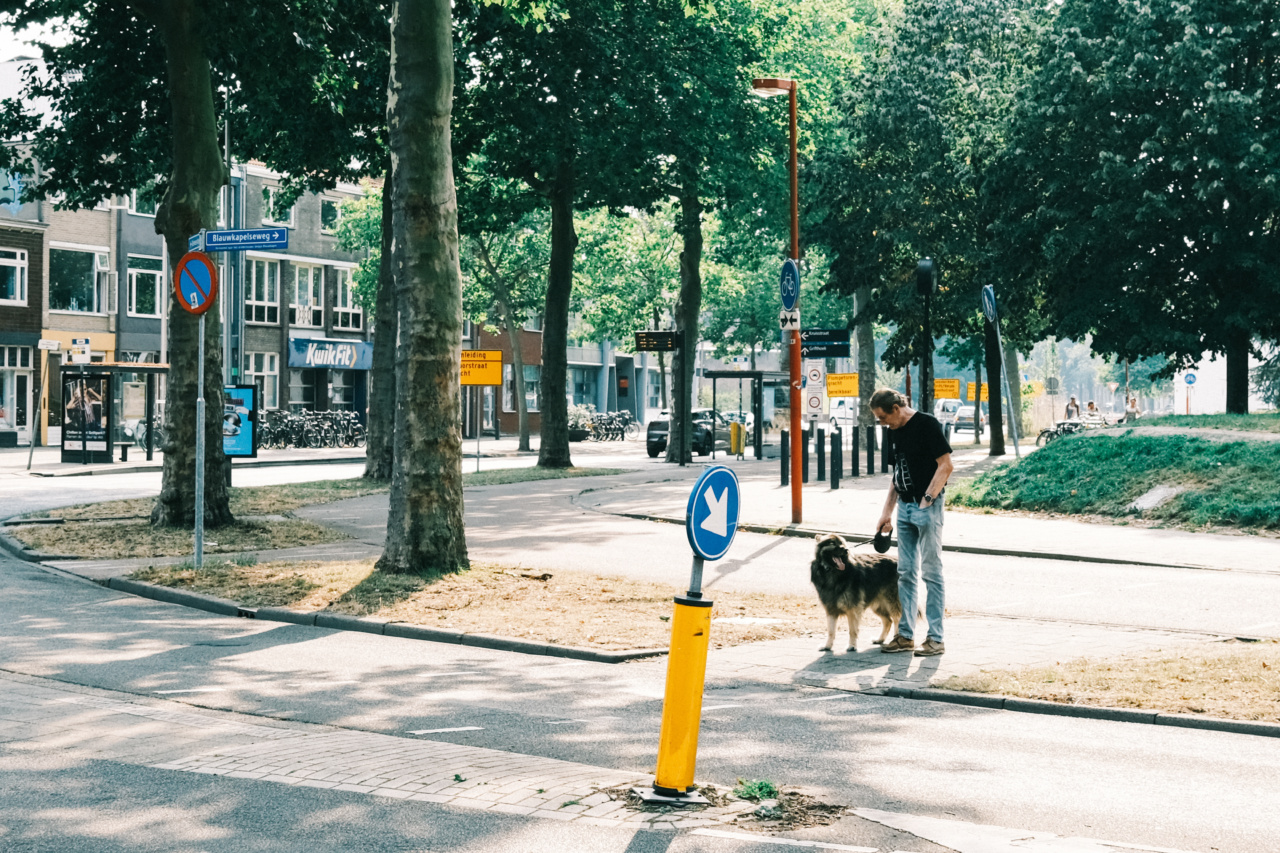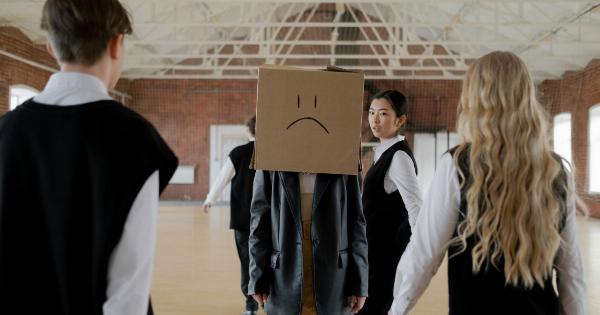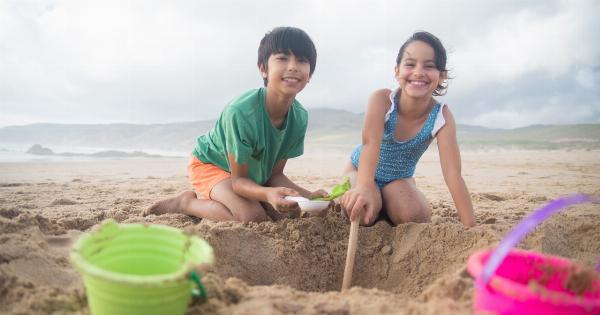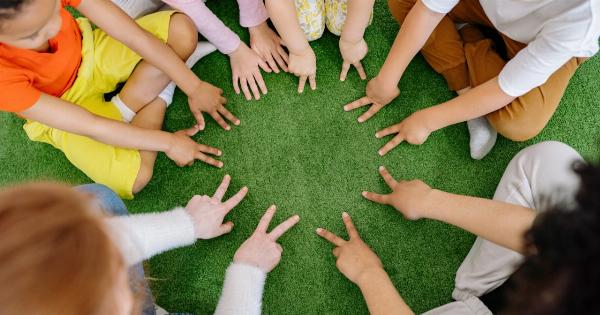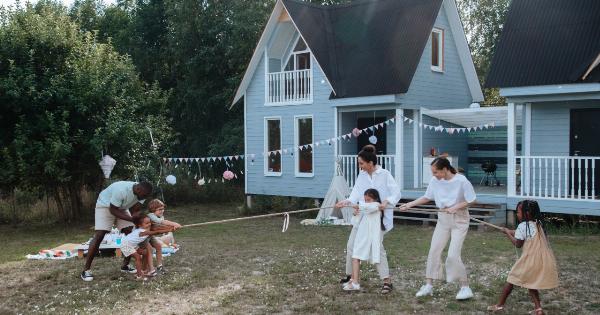Raising a puppy is an incredibly rewarding experience, but it can also be a whirlwind of emotions and challenges. From the moment you bring that adorable little ball of fur home, it seems like time flies by in the blink of an eye.
Before you know it, your puppy is all grown up and no longer that tiny bundle of energy. But how do you know when your puppy has reached adulthood? In this article, we will explore 10 signs that indicate your puppy has entered the wonderful world of adulthood.
1. Physical maturity
One of the most obvious signs that your puppy is growing up is their physical appearance.
Puppies tend to go through several growth stages, and when they reach their adult size, you’ll notice that they are no longer rapidly gaining weight and height. Their body proportions will also look more symmetrical, and their features will be fully developed.
2. Calmer behavior
Puppies are known for their boundless energy and constant need for attention. However, as they mature, you’ll notice that they start to calm down. Adult dogs tend to have a more laid-back demeanor and are less prone to bouncing off the walls.
They can still be playful, but they also know when it’s time to relax.
3. Established routine
Once your puppy reaches adulthood, they have likely settled into a predictable routine. They understand when it’s time to eat, play, and sleep, and they are not as easily thrown off by small disruptions to their schedule.
This makes it easier for you to plan your own activities, knowing that your furry companion will be content and well-adjusted.
4. House-trained and fewer accidents
Potty training can be a challenging part of raising a puppy, but as they enter adulthood, you’ll notice a significant decrease in accidents.
Adult dogs have better control over their bladder and bowels and will understand cues to go outside for their bathroom needs. This newfound reliability makes living with your dog a much cleaner and less stressful experience.
5. Decreased chewing
While puppies explore the world with their mouths, adult dogs have usually outgrown the need to chew on everything in sight. Once your puppy’s adult teeth have fully come in, they are less likely to engage in destructive chewing behaviors.
It’s important to provide appropriate chew toys for your adult dog to satisfy their natural need to chew.
6. Improved impulse control
Young puppies often struggle with impulse control, finding it difficult to resist their natural instincts. However, as they grow and mature, adult dogs tend to have better self-control.
They are more capable of focusing their attention, following commands, and resisting temptations. This increased impulse control makes training easier and reinforces a positive and harmonious relationship between you and your dog.
7. Increased independence
During puppyhood, your furry friend may have relied on you for everything. But as they enter adulthood, they become more independent.
Adult dogs can entertain themselves for longer periods, are comfortable being left alone for reasonable amounts of time, and require less constant supervision. It’s important to continue providing mental and physical stimulation for your dog, even as they become more independent.
8. Established social skills
Just like humans, dogs go through a socialization phase during their puppyhood. By the time they reach adulthood, they have usually developed their social skills.
Adult dogs tend to have a better understanding of canine body language, are more confident in social situations, and know how to interact with other dogs appropriately. This is crucial for a healthy and enjoyable social life for your dog.
9. Consistent personality
As puppies grow, their personalities start to blossom. However, it can take some time for their true nature to shine through. By the time your puppy becomes an adult, their personality will be well-established.
You’ll have a better idea of their temperament, energy levels, and any unique quirks they may have. This allows you to tailor their training and care to suit their individual needs.
10. Decreased teething
Puppies go through a teething phase where they chew on anything they can get their paws on to relieve discomfort. However, as adult teeth replace baby teeth, this teething behavior naturally decreases.
Adult dogs typically have a set of strong and healthy teeth, reducing the likelihood of destructive chewing caused by teething.
Watching your puppy grow into a well-rounded adult dog is an incredibly rewarding experience. By paying attention to these signs, you can better understand your dog’s progress and adequately adjust your training, care, and expectations.
Embrace this new chapter in your furry friend’s life, and cherish the lifetime of love and joy they bring to your home.
